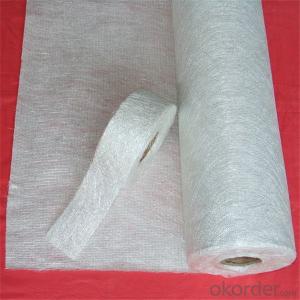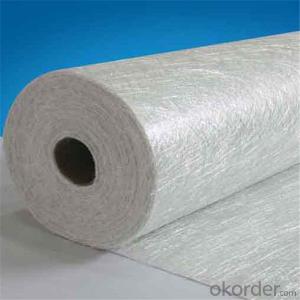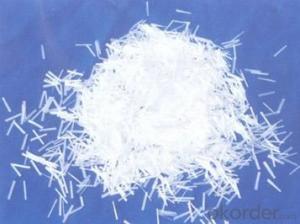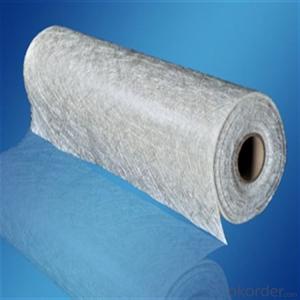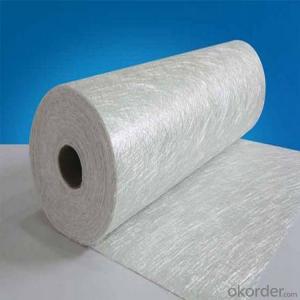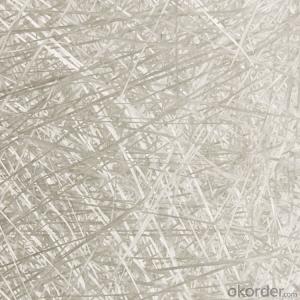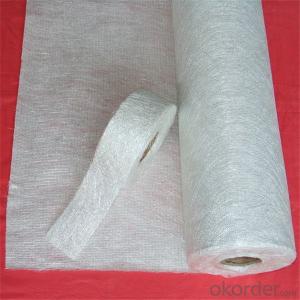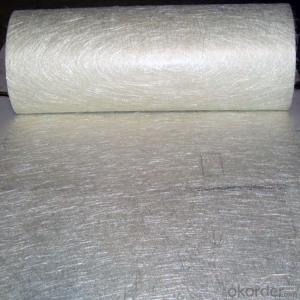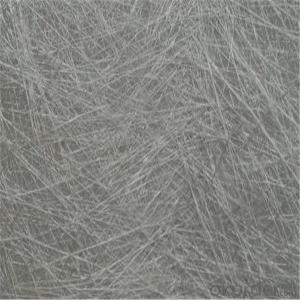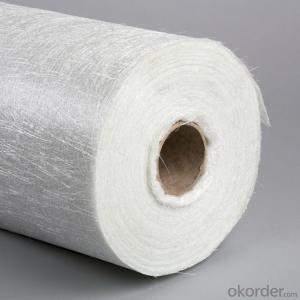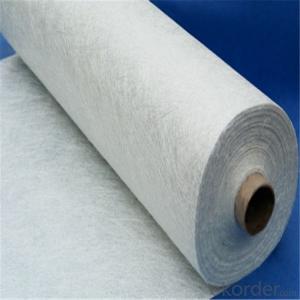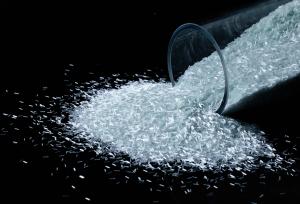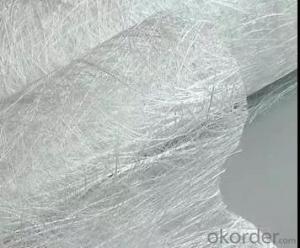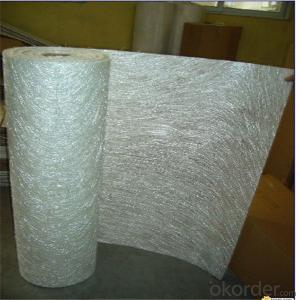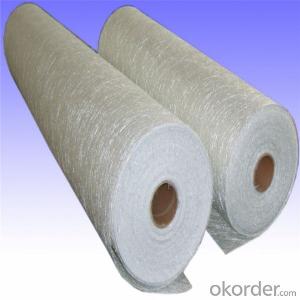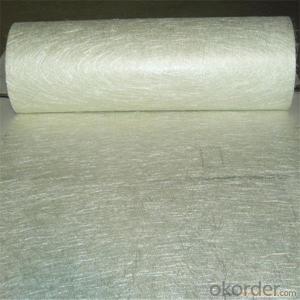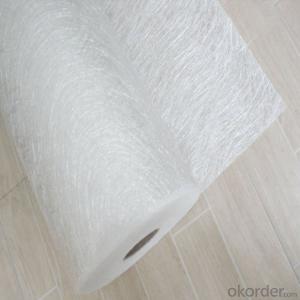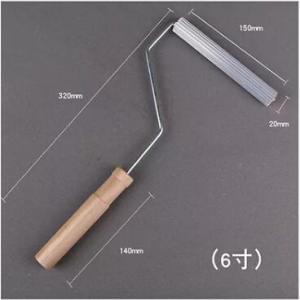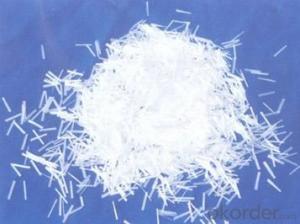All Categories
- - Steel Wire Rod
- - Steel Coils
- - Steel Profiles
- - Steel Pipes
- - Stainless Steel
- - Tinplate
- - Special Steel
- - Steel Sheets
- - Steel Rebars
- - Steel Strips
- - Hot Rolled Steel
- - Cold Rolled Steel
- - Pre-painted Steel
- - Seamless Steel Pipe
- - Welded Steel Pipe
- - Hollow Steel Tubes
- - Galvanized Pipe
- - Stainless Steel Coil
- - Stainless Steel Sheet
- - Stainless Steel Plate
- - Stainless Steel Strips
- - Electrolytic Tinplate Coil
- - Electrolytic Tinplate Sheet
- - Stainless Steel Rebars
- - Solar Panels
- - Solar Water Heater
- - Solar Related Products
- - Solar Inverter
- - Solar Cells
- - Solar Light
- - Solar Energy Systems
- - Solar Controllers
- - Solar Mounting System
- - Solar Pump
- - Solar Chargers
- - Fiberglass Chopped Strand
- - Fiberglass Mesh Cloth
- - Composite Pipes
- - FRP Pultrusion Profiles
- - Fiberglass Mat Tissue
- - Fiberglass Fabrics
- - Fiberglass Mesh
- - Composite Tank
- - Fiberglass Mesh tape
- - Polymer
- - FRP Roofing Panel
- - Fiberglass Roving
- - Monolithic Refractories
- - Ceramic Fiber Products
- - Refractory Bricks
- - Raw Materials For Refractory
- - Suspended Platform
- - Cranes
- - Concrete Machinery
- - Earthmoving Machinery
- - Building Hoist
- - Road Building Machinery
- - Plastic Pipe Fittings
- - Plastic Tubes
- - Plastic Sheets
- - Agricultural Plastic Products
- - Plastic Nets
 All Categories
All Categories
Q & A
What are the specific thermal properties of fiberglass chopped strand composites?
Fiberglass chopped strand composites have excellent thermal properties. They offer low thermal conductivity, meaning they are good insulators and can effectively resist the transfer of heat. Additionally, they have high thermal resistance, enabling them to withstand high temperatures without degrading or losing their structural integrity.
How does the fiber dispersion affect the processing of fiberglass chopped strand composites?
Fiber dispersion plays a crucial role in the processing of fiberglass chopped strand composites. It refers to the uniform distribution of the individual glass fibers within the composite matrix. Proper fiber dispersion ensures that the fibers are evenly distributed, allowing for efficient wetting and bonding between the fibers and the resin matrix during the manufacturing process.
When fiber dispersion is inadequate, it can lead to various processing challenges. Uneven fiber distribution can result in areas with higher fiber content, causing difficulties in achieving a uniform resin flow during molding or infusion. This can lead to voids, resin-rich areas, or weak spots in the final composite.
Moreover, poor fiber dispersion negatively impacts the mechanical properties of the composite. Inadequate bonding between fibers and the matrix due to uneven distribution can result in reduced strength, stiffness, and overall performance of the composite material.
Therefore, ensuring proper fiber dispersion is essential to achieve consistent and high-quality fiberglass chopped strand composites, both in terms of their processing characteristics and final mechanical properties.
What are the different testing methods used to evaluate the properties of fiberglass chopped strand composites?
Some of the different testing methods used to evaluate the properties of fiberglass chopped strand composites include tensile testing, flexural testing, impact testing, compression testing, and moisture absorption testing. These methods help in assessing the mechanical strength, stiffness, durability, and resistance to external forces and environmental conditions of the fiberglass chopped strand composites.
Is fiberglass chopped strand resistant to fire?
Yes, fiberglass chopped strand is generally resistant to fire. It has a high melting point and does not easily catch fire or support combustion. However, its resistance to fire may vary depending on the specific type and quality of the fiberglass chopped strand.
Wholesale Fiberglass Chopped Strand from supplier in Morocco
We are a Fiberglass Chopped Strand supplier serving the Morocco, mainly engaged in the sale, quotation, and technical support services of various Fiberglass Chopped Strand products in the Morocco region. We are a subsidiary platform of the Fortune Global 500 company CNBM, able to provide you with one-stop Fiberglass Chopped Strand procurement services in the Morocco. Not only do we have a wide range of Fiberglass Chopped Strand products, but after years of market development in the Morocco, we can also provide valuable experience for your projects.
Hot Search
- Fiberglass Chopped Strand in Rwanda
- Fiberglass Mesh Cloth in British
- Composite Pipes in Uganda
- FRP Pultrusion Profiles in Dominica
- Fiberglass Mat Tissue in Turkey
- Fiberglass Fabrics in Mauritania
- Fiberglass Mesh in Mauritius
- Composite Tank in Kuwait
- Fiberglass Mesh tape in Bhutan
- Polymer in Indonesia
